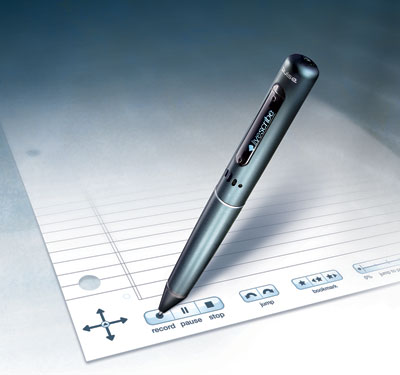 [UPDATE: We’re about to talk to Swoopo. Have a question for them? Tell us here.]
[UPDATE: We’re about to talk to Swoopo. Have a question for them? Tell us here.]
I first ran across Swoopo in one of my Google searches earlier this week. What caught my eye was the claim in its ad that it had just sold an iPod Touch for $28.05. My journalistic curiosity got the best of me, so just for the heck of it I clicked the link to investigate.
Indeed Swoopo was legit: the company was selling not only iPods, but computers, televisions, and other products at prices that seemed just too good to be true. So where did this company come from? Apparently its not new at all (at least in Europe). Founded in Germany in 2005 as Telebid, it expanded to the UK last year, and launched in Spain this Spring.
The concept goes something like this: items are put up for bid, and each time a user bids, the price is increased by 15 cents. At the same time the amount of time added to the auction also increases up to 20 seconds with each bid. If no new bids are received before time runs out, the last bidder wins the item.
Swoopo claims that this allows users to purchase items at about 35 percent of the retail price. A check of recently ended auctions seemed to indicate that was generally accurate, although most seemed to either be at substantial savings or not much of a deal at all.
It is fairing rather well financially for a start-up. In 2007, the company recorded about 11 million Euros ($15.5 million USD) in sales, with 20 million euros ($28.3 million USD) in revenues expected this fiscal year. It expects to attract 50,000 customers in the US during the rest of 2008, increasing to 800,000 by next year.
These deals sound too good to be true to you? In a way they are. Users cannot just simply register and bid. Instead once registered a user must fill his or her account with prepaid bids. Yes, that’s right, you pay to bid. Each bid costs the user $1, and can be purchased in packs of 20, 50, 100, 200, and 500. There is no discount for buying larger packs.
Here’s where it begins to get gimmicky, and Swoopo begins to lose me. Before the first bid, you’re already financially into the whole thing for as much as $500. What’s worse is that if you lose an auction, you also lose all the bids you placed, and thus have essentially given the site free money for just giving you the privilege to bid on the item.
Thus once you start bidding, you have a vested financial interest in winning that item. While the winner is likely to get a very good deal, especially on bigger items where the final price is hundreds below retail (even when you add the cost of bidding), those who lost could have spent quite a bit just to bid, and are likely doing so because of the money they need to spend to win.
Suddenly it does not look like Swoopo is really that crazy: in some cases, they could be making quite the profit through this system. Take this auction for example: this guy paid $423.55 altogether for an 80GB PS3 worth $399.99. I’m sure there are other examples, or auctions where the total number of bids from all bidders when added to the final selling price mean a sizable profit for the site.
Don’t get me wrong, I understand these sites need to make a profit. However, the way this is done just doesn’t seem right. Shouldn’t those who lose get their bids back, even at least partially? I think that is much more fair, and would make using the site more attractive to many.

 Many had assumed the Ballmer era would end when his youngest child goes off to college, roughly in about a decade or so: he even
Many had assumed the Ballmer era would end when his youngest child goes off to college, roughly in about a decade or so: he even 


 [UPDATE: We’re about to talk to Swoopo. Have a question for them?
[UPDATE: We’re about to talk to Swoopo. Have a question for them?